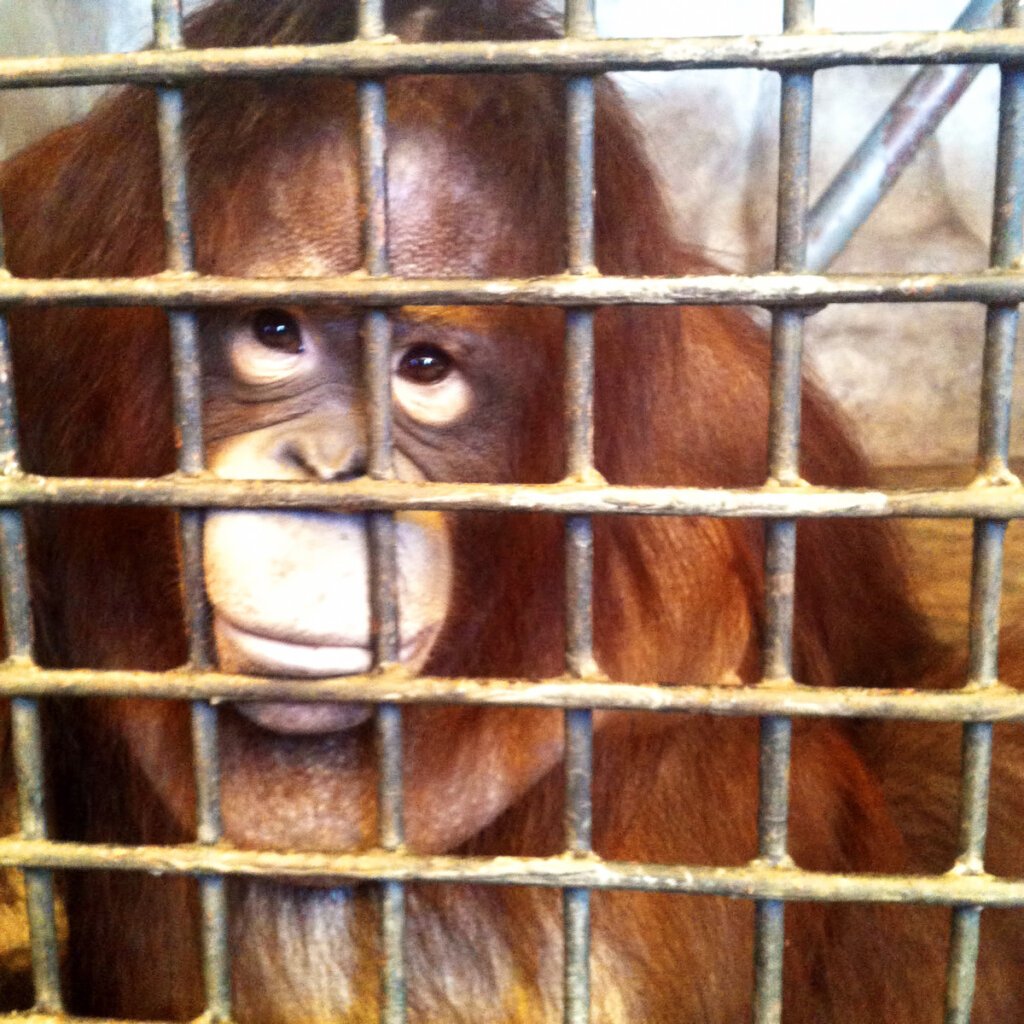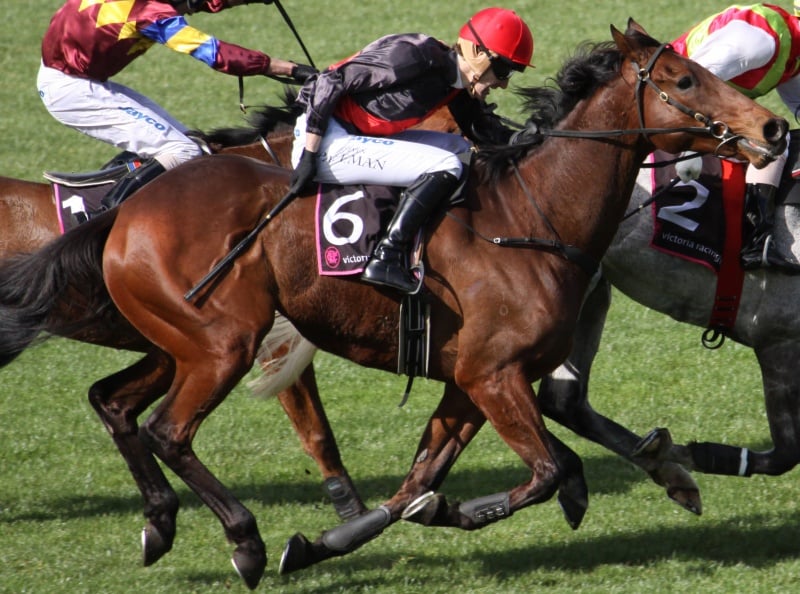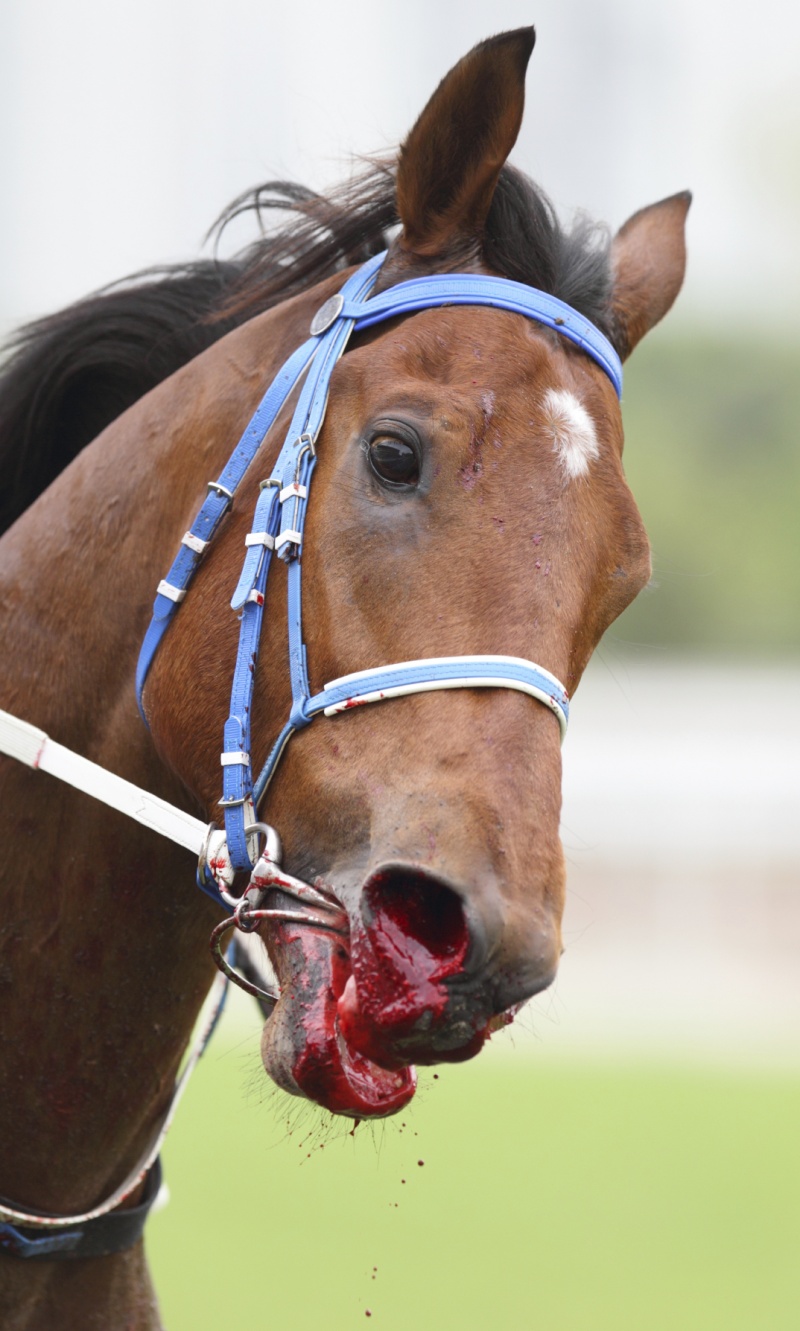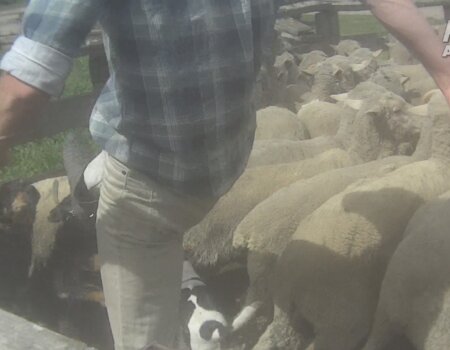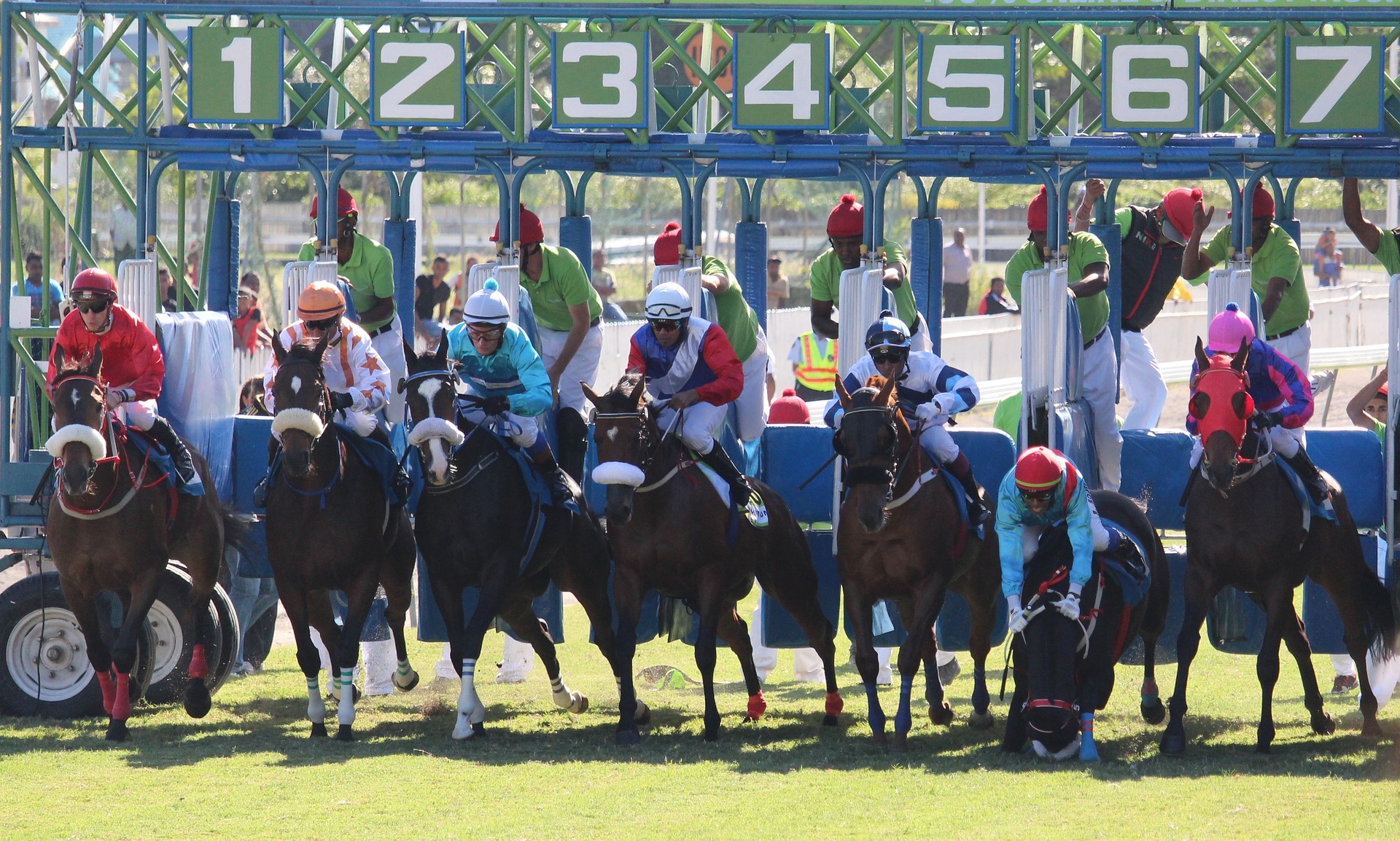
Racing to an Early Grave: 119 Horses Killed at Tracks in the Last Year
One hundred nineteen: that’s how many horses died on racetracks during the last racing year, according to the Coalition for the Protection of Racehorses’ annual “Deathwatch Report 2018“.
The report shows that, most commonly, horses die from catastrophic limb injuries, or breaks and fractures of their forelegs. Others die of cardiac issues, internal bleeding, or hind leg injuries, or they simply collapse after being pushed past their limits.
On average, one horse dies on an Australian racetrack every three days.
The Tip of the Iceberg
These newly released numbers are devastating, and yet, they represent only a fraction of the many thousands of horses who die every year from racing-related injuries during training or who are killed prematurely if they fail to win races and prize money.
Reports put the “wastage” rate for horses in training or racing at about 40 per cent. Around a third of the foals born in Victoria never even race. The vast majority of people in the industry are unwilling to bear the costs incurred by horses who aren’t making them money, so those animals are often sent to the abattoir to be slaughtered.
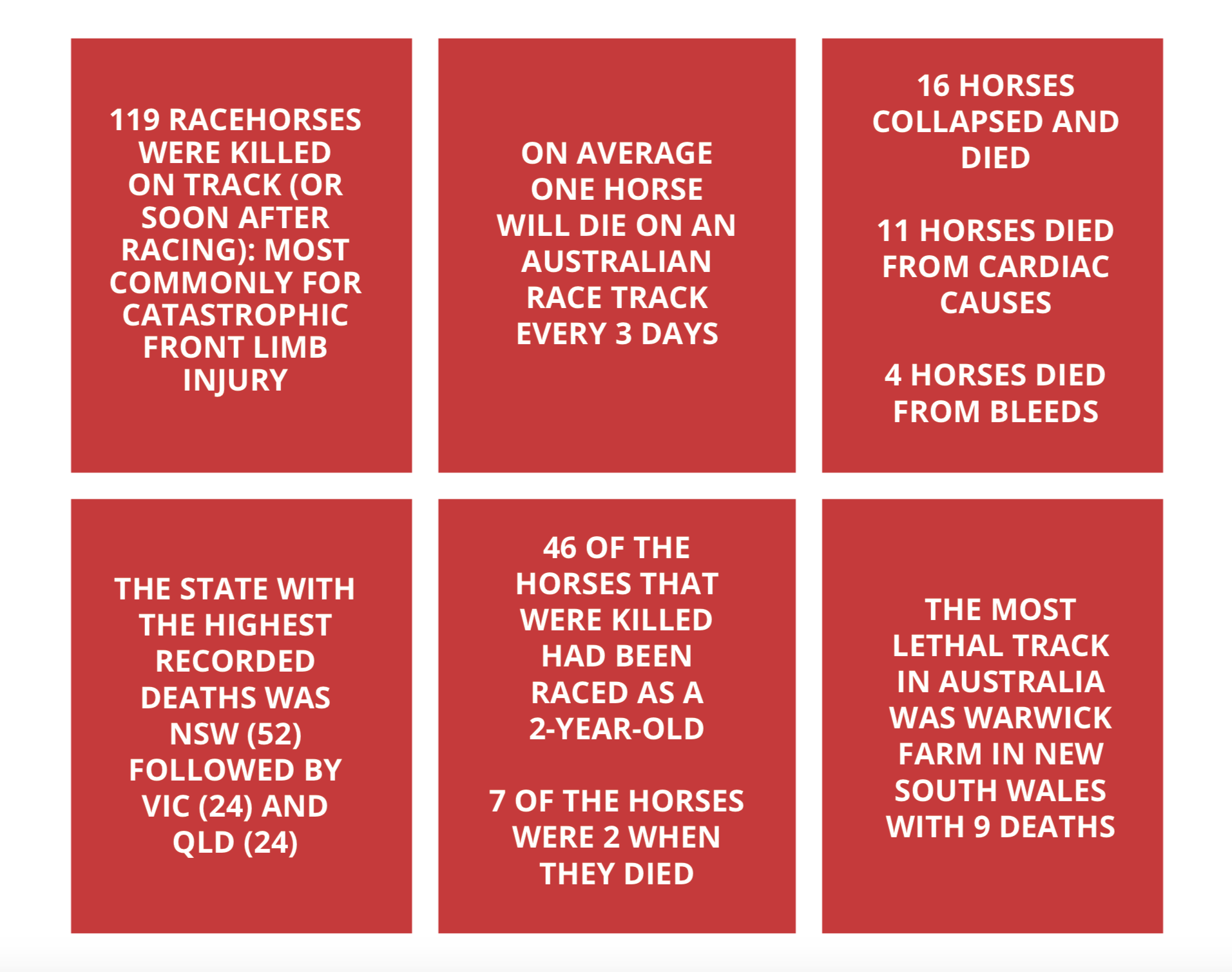
Why Do Horses Fall?
Horses used for racing have been specifically bred for speed at the expense of their health. They weigh more than 500 kilograms, are supported by ankles only the size of a human’s, and are whipped and forced to run around tracks that are often made of hard-packed dirt at speeds of more than 50 kilometres an hour while carrying people on their backs.
Most horses are over-medicated to keep them racing when they should be recuperating from injuries. Trainers often use a regimen of anti-inflammatory drugs, painkillers, sedatives, hormones, diuretics, muscle relaxants, and other medications to mask injuries and enhance performance, making horses vulnerable to breakdown. Studies at the University of California show that 90 per cent of broken bones occur at the site of a previous injury. Over-medication is the single biggest contributor to broken bones and, ultimately, death.
How to Help Horses
- Never attend or bet on horse races.
- If there’s a sweepstake at your workplace or among your friends ahead of the Melbourne Cup, urge the organiser to rethink it and explain why you won’t be participating.
- Download PETA’s printable office badges, and wear them on race days.
- Share this blog post on Facebook. Most people don’t know about the cruel reality of horse racing, so take the time to inform your friends and family about this issue.
Help Animals in 2025: Renew Your PETA Membership!
